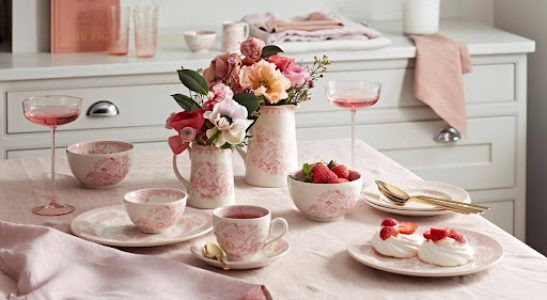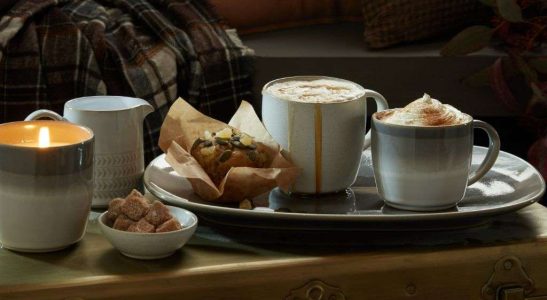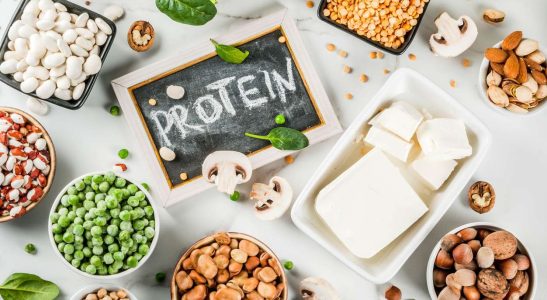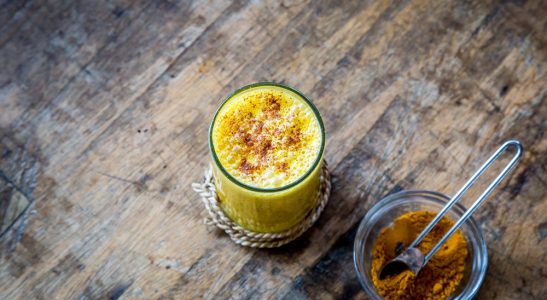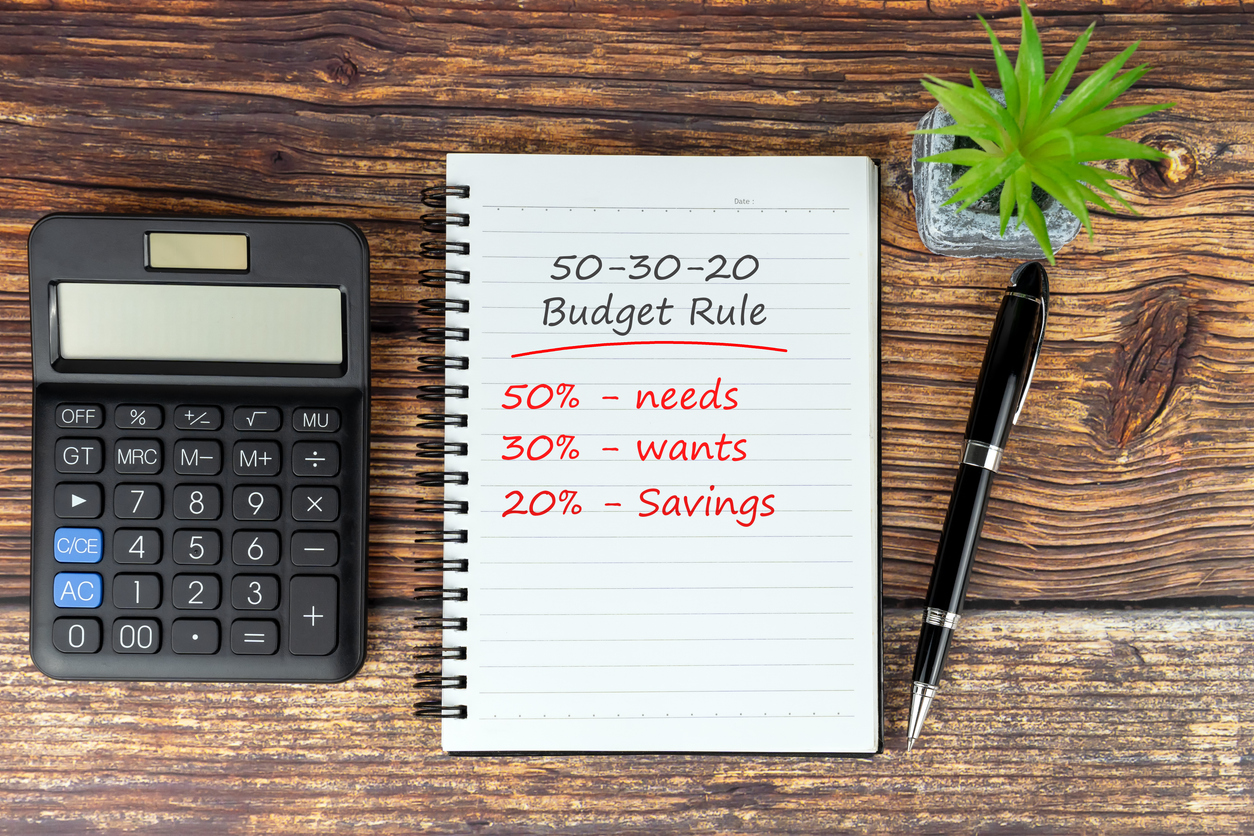Despite often being thought of as the quintessential English beverage, tea boasts a long and rich history beginning well before it ever reached the British Isles. Originating in China, and quickly spreading throughout Asia, tea was eventually introduced to Europe by traders and missionaries, and it’s been a store cupboard staple ever since. However, the tea we enjoy today is almost unrecognisable from those initial offerings.
Despite often being thought of as the quintessential English beverage, tea boasts a long and rich history beginning well before it ever reached the British Isles. Originating in China, and quickly spreading throughout Asia, tea was eventually introduced to Europe by traders and missionaries, and it’s been a store cupboard staple ever since. However, the tea we enjoy today is almost unrecognisable from those initial offerings.
Tea-volution
Food and Drink | 29th December 2017 by Solo Living
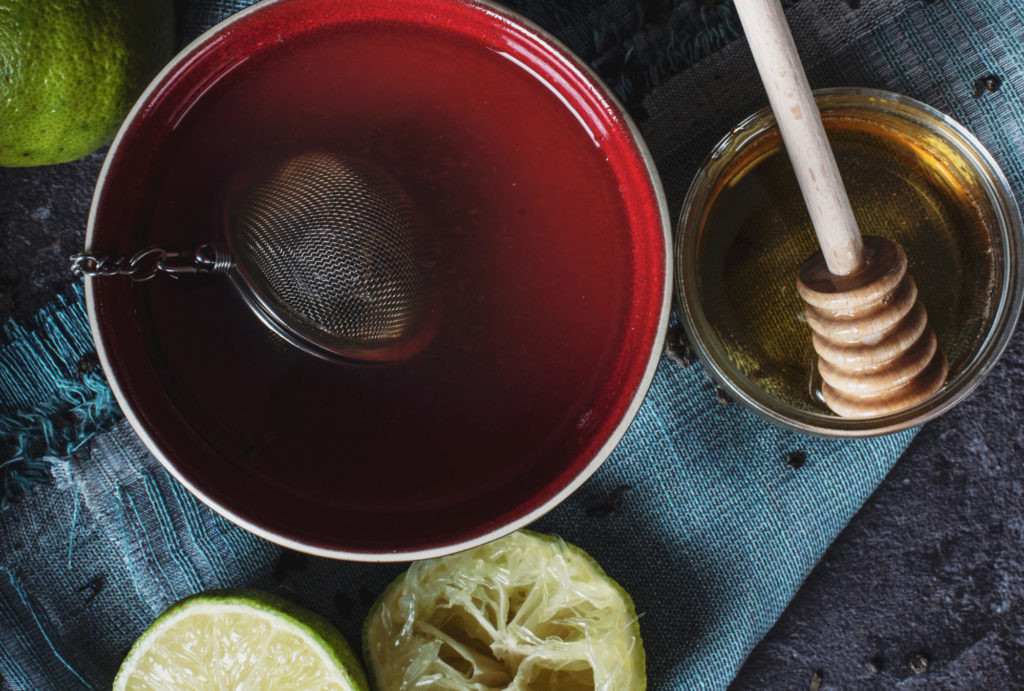
Credit: Galle Marcel
Although our cousins across the pond had been enjoying the convenience of tea bags since the early 1900s, us Brits continued to brew loose leaf tea well into the 1970s and 1980s, when tea bags started to be manufactured by major brands like Clipper. This was arguably one of the first big revolutions in British tea trends, and opened the doors to even more changes in the way we choose, brew, and drink our teas.
The shifting market
So just why has the tea market in the UK changed so much? While it’s possible to make a case from practically any angle here, there are three main reasons why our tastes have changed:
We value quality
Since the financial crisis, we’re becoming more aware of how – and where – we spend our money. We’re following the mantra of ‘buy well, buy once’; we want quality, and we’re putting more effort into seeking out higher quality produce. This has increased the popularity of loose leaf teas: the ‘good stuff’.
We’re getting more adventurous
Less well-known Asian foods are growing in popularity in the UK, perhaps as a result of social media platforms which make it quick and simple for people all across the world to share local cuisine. We’re also wanting more from our food; we want experiences, like Asian ceremonial tea rituals, rather than just a ‘cuppa’.
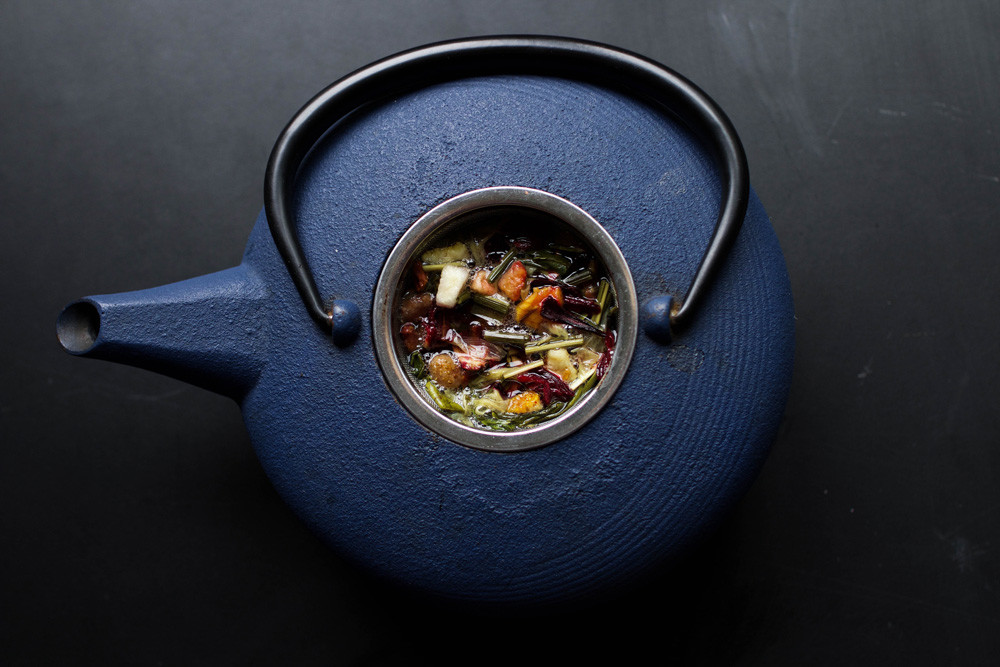
Credit: Cole Hutson
We know more
More choice than ever before
As we’ve become more interested not only in tea, but in more unusual and alternative teas, there has been an increase in speciality retail stores that have created a niche within the hot beverage market. As well as stores like Teapigs, we also have ‘celebrity’ teas, such as Gareth Gates’ Cuppanut, and even regular tea brands like Tetley are introducing more bizarre and ‘out there’ flavours.
In fact, research shows that black tea consumption in the UK is actually declining, with more and more of us opting for white teas, green teas, herbal infusions, and bubble teas with added tapioca pearls. There are even reports of alcoholic teas making their way into mainstream offerings. Tetley’s, ‘Future of Tea’ report claims that there are 5 introductions that are all vying to be the ‘next big thing’ in the tea world: remedy teas, programmable tea taps, alternative formats (tea sprays, anyone?), grow-your-own, and alcohol-free tea bars. For a nation that’s so serious about its tea, we’re remarkably experimental!
Share this post:
Hear from Solo Living now and then by signing up to our mailing list

